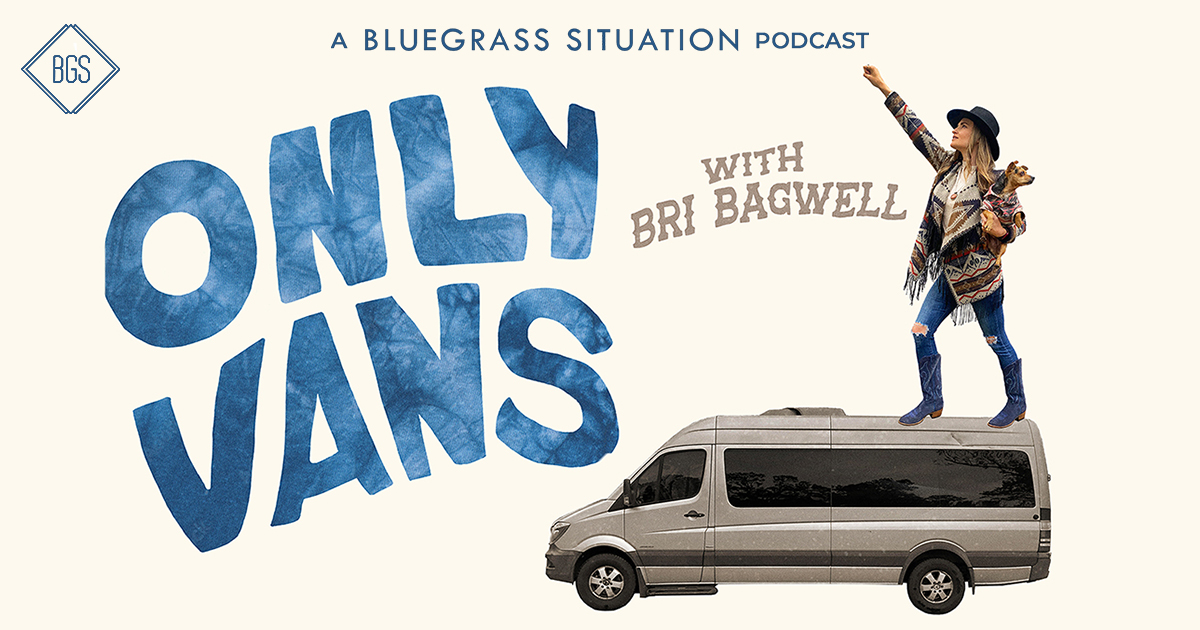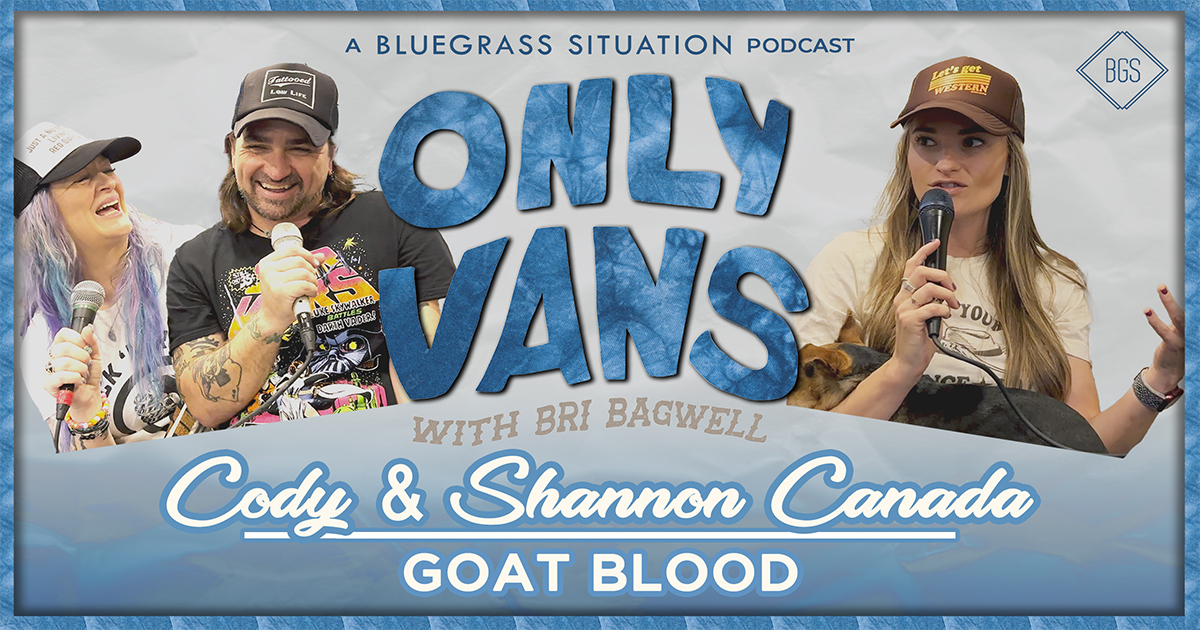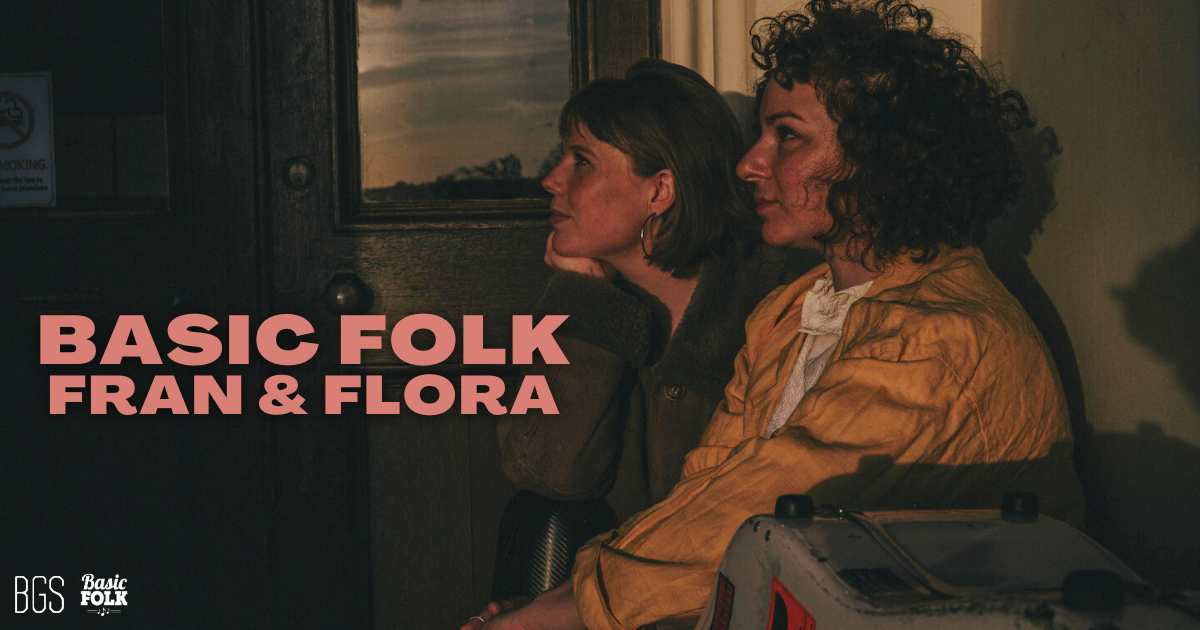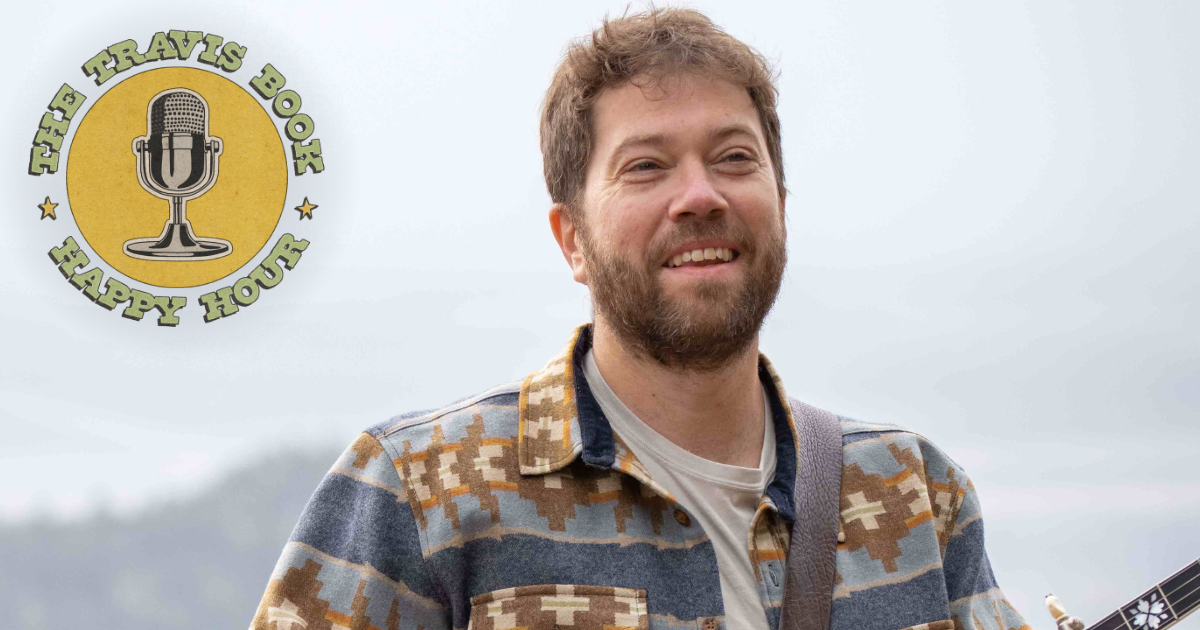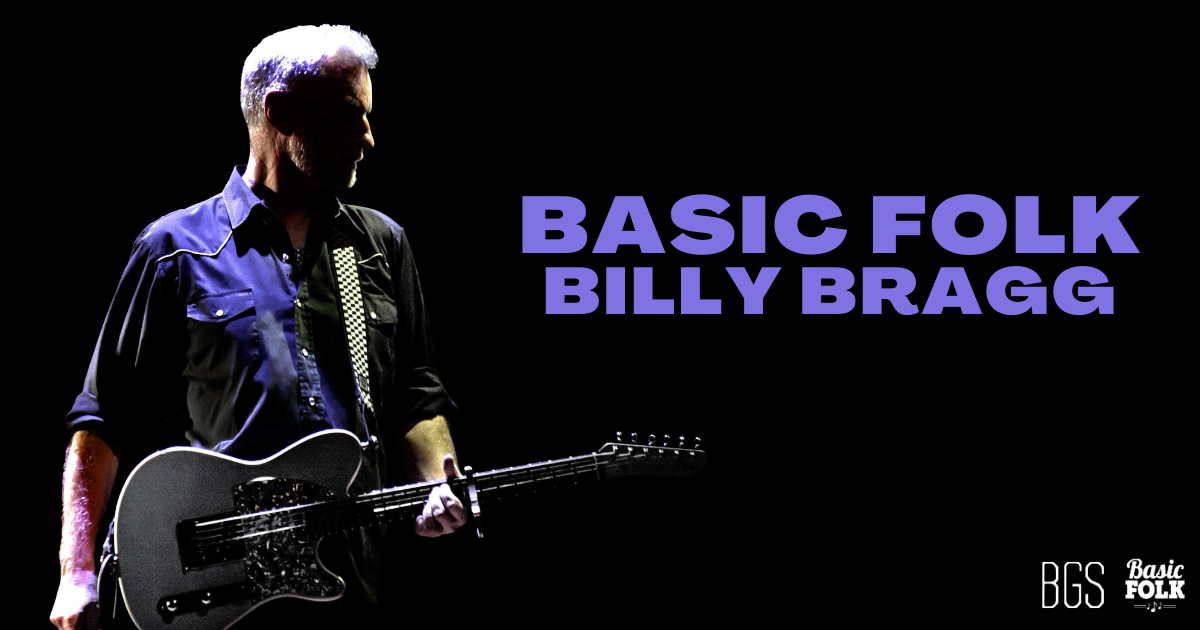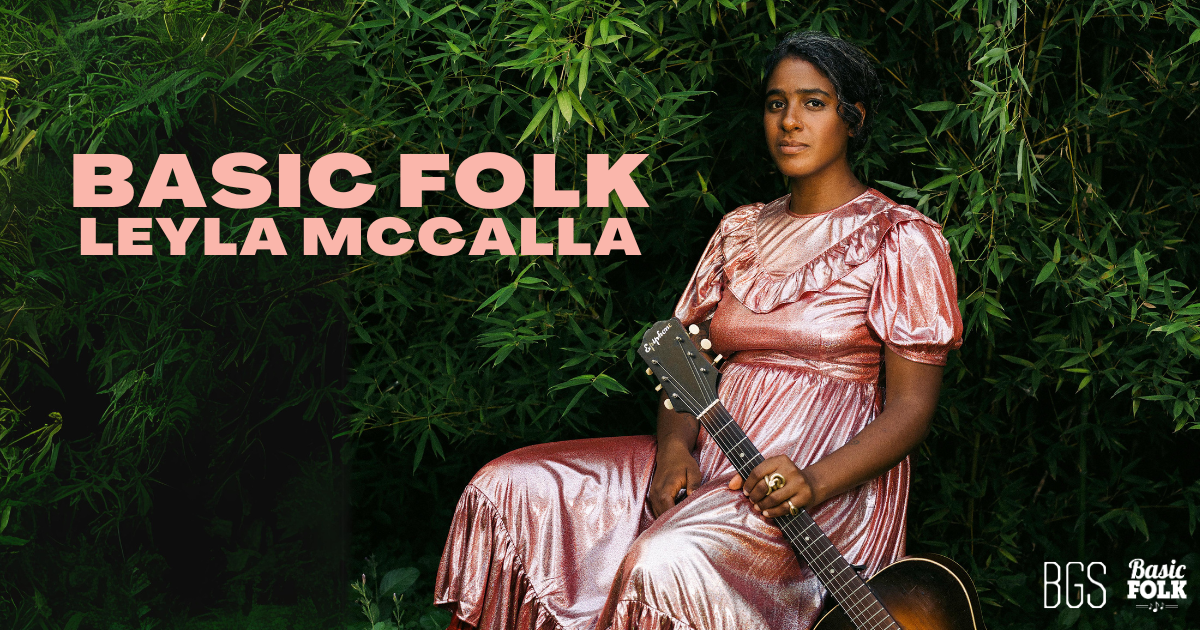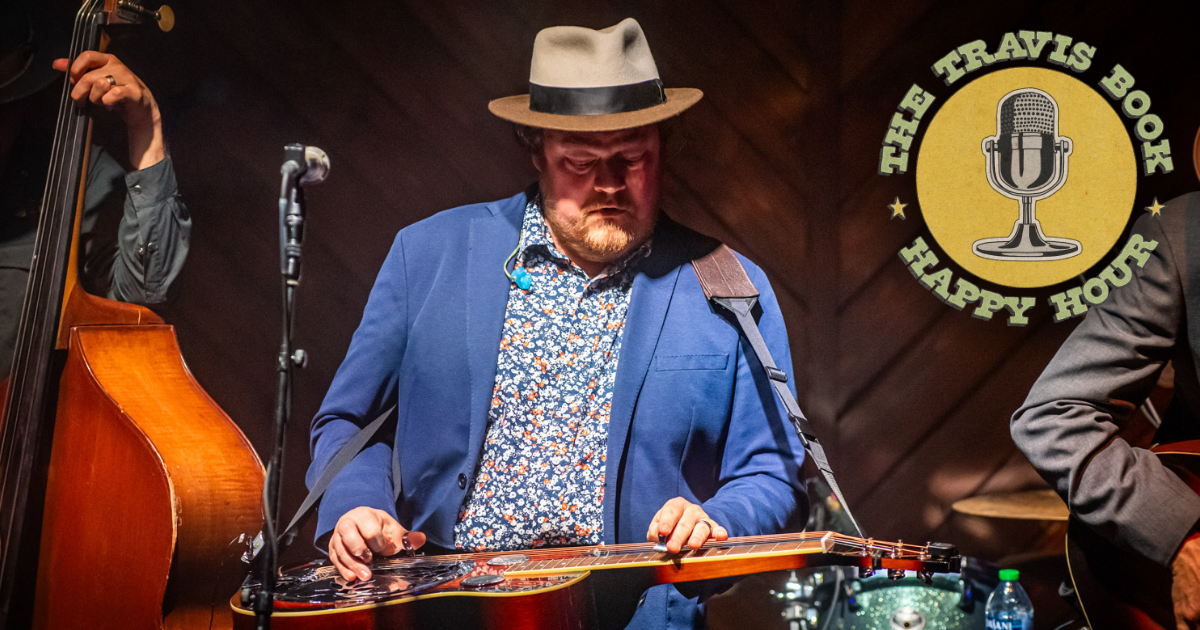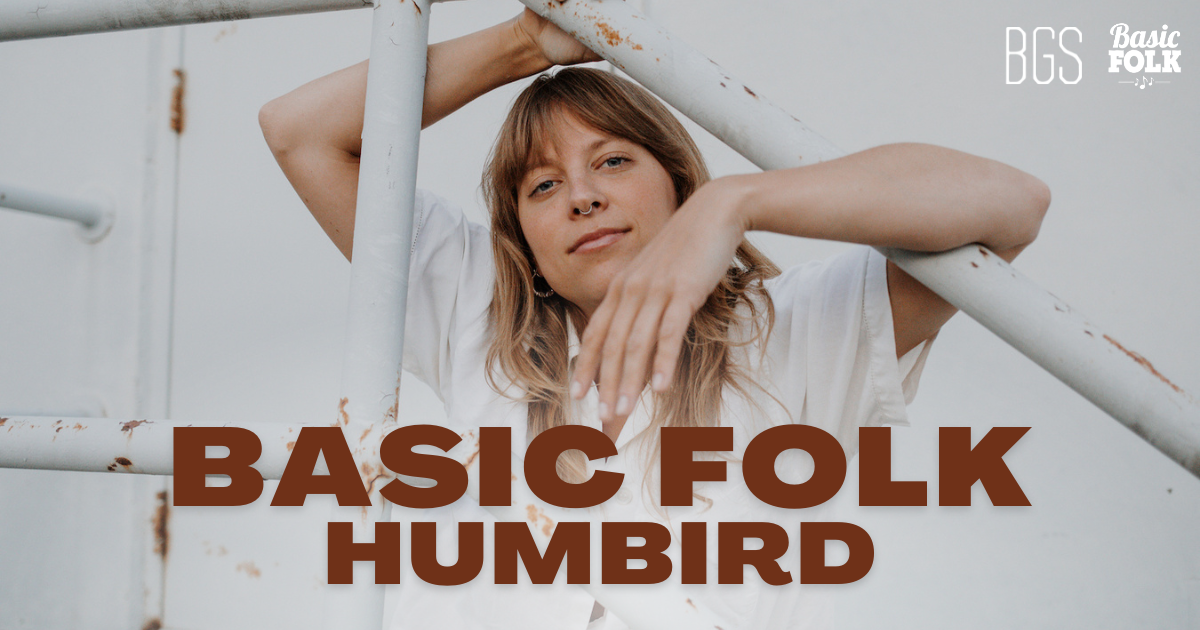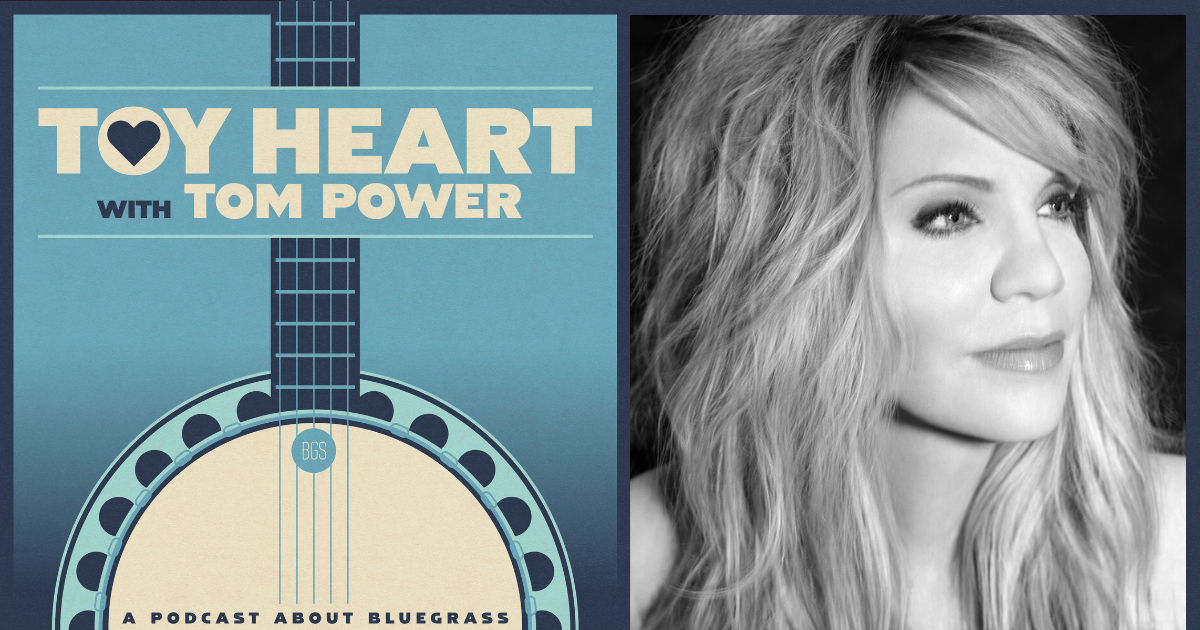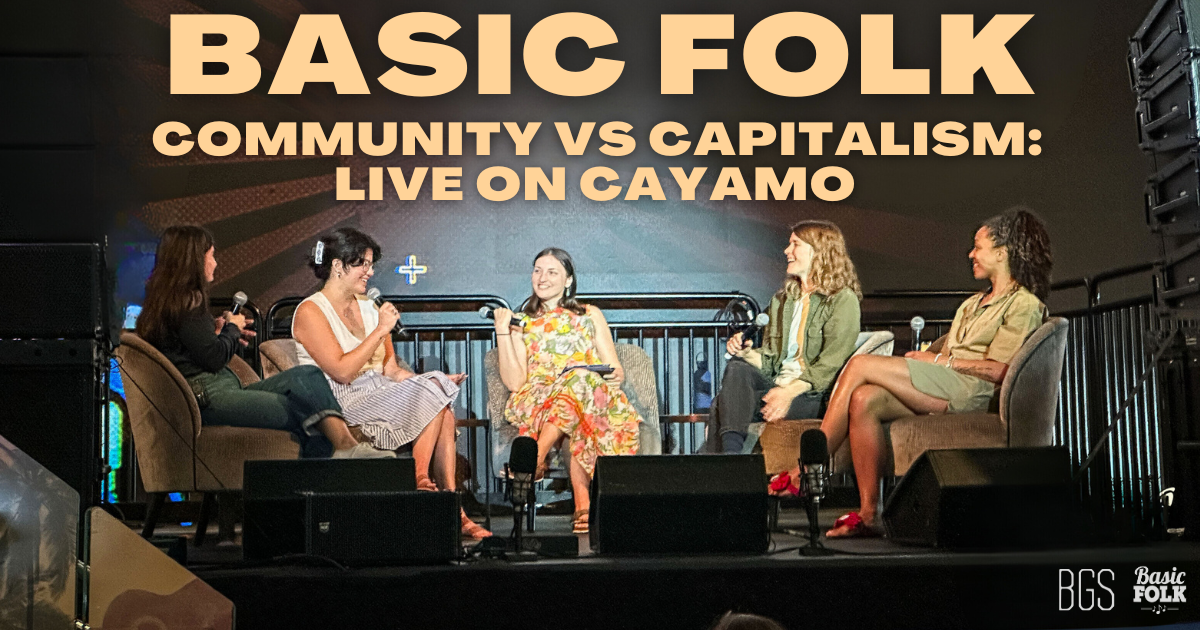BGS is excited to announce the addition of Only Vans with Bri Bagwell to the BGS Podcast Network! Beginning today, May 20, the show – which is recorded from inside Bagwell’s tour van – will be distributed and promoted by BGS alongside hit podcasts such as Toy Heart and Basic Folk, and joining the ranks of fellow artist-hosted, artist-focused chat and performance podcast, the Travis Book Happy Hour. Only Vans is a podcast unlike any other, not just because it is recorded in a van (or Class C RV, to be specific), but because its conversation topics are anything but ordinary.
“[It’s] a podcast where I chat with my friends in the music community, from my van, about things that two buddies in a van would chat about,” Bagwell explains on her website. “It’s really insider info, like an Only Fans subscription… but clothes stay on (usually) and formality goes out the window.”
The banter between Bagwell and her friends and guests sounds and feels organic, because it is! With fifteen years of road experience, Bagwell hosts with ease, navigating topics that non-artists hosts perhaps can’t; and in that often unexplored landscape of crazy road stories, fond personal festival memories, and deep inner fears and beliefs, fans of the podcast say they really appreciate the raw honesty, insight, and hilarity that comes out in every Only Vans episode.
The first episode to be distributed by BGS features Bagwell’s friend and mentor, famed lead singer of Cross Canadian Ragweed, Cody Canada and his wife/manager Shannon. They cover a wide variety of topics like racial injustice, partying, the metal music scene, and shifting priorities after having kids. (Listen here.)
Bagwell, named Texas Female Artist of the Decade by the Texas Regional Radio Report, is a force to be reckoned with from her rousingly fun live performances to trailblazing recordings garnering her 12 #1 singles on Texas Country Radio and counting. People Magazine raves, “Bagwell increasingly finds her name being mentioned amongst country music truth-tellers such as Ashley McBryde and Morgan Wade.” Her latest album, Corazón y Cabeza (Heart and Head), has already spawned three #1 singles, “Trenches,” “Free Man,” and “Hello Highway,” the latter inspiring her 2023 summer tour across 10 states and Mexico.
In a time of growth for the BGS family – having just launched our curated email newsletter, GOOD COUNTRY, earlier this year – it’s especially exciting to bring on this new podcast, to welcome Bri Bagwell as a contributor, and to bring these intimate, fun, and one-of-a-kind interviews to our followers, listeners, and fans. Subscribe to Only Vans on Apple Podcasts here – or wherever you prefer to get podcasts. New episodes drop every other Monday!
